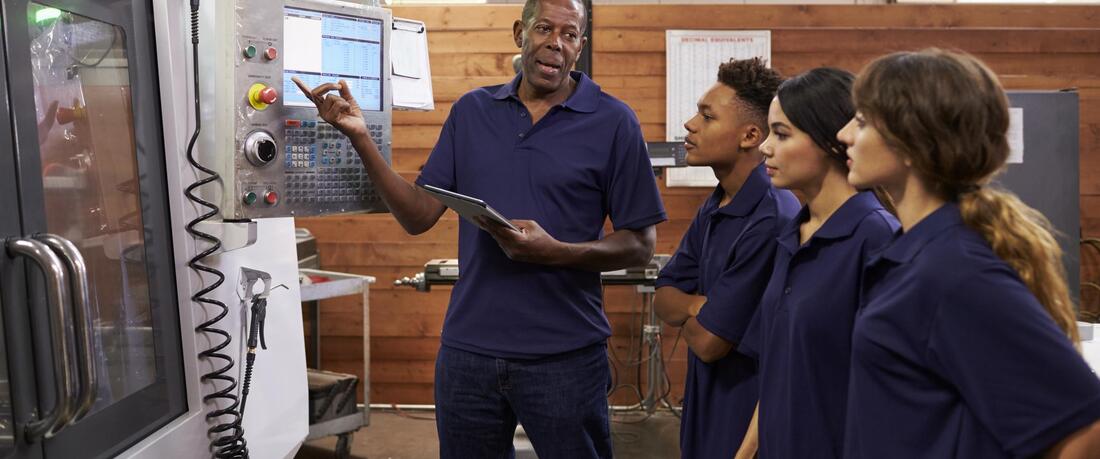This is an original article from the NIST Manufacturing Innovation Blog.
Many manufacturers have struggled for years to hire qualified workers. The outlook is for more of the same. With an aging workforce, emerging new technologies requiring more skilled talent, and the continuing decline of trades education in high schools and community colleges, an estimated 2.1 million manufacturing jobs could go unfilled in the U.S. by 2030.











